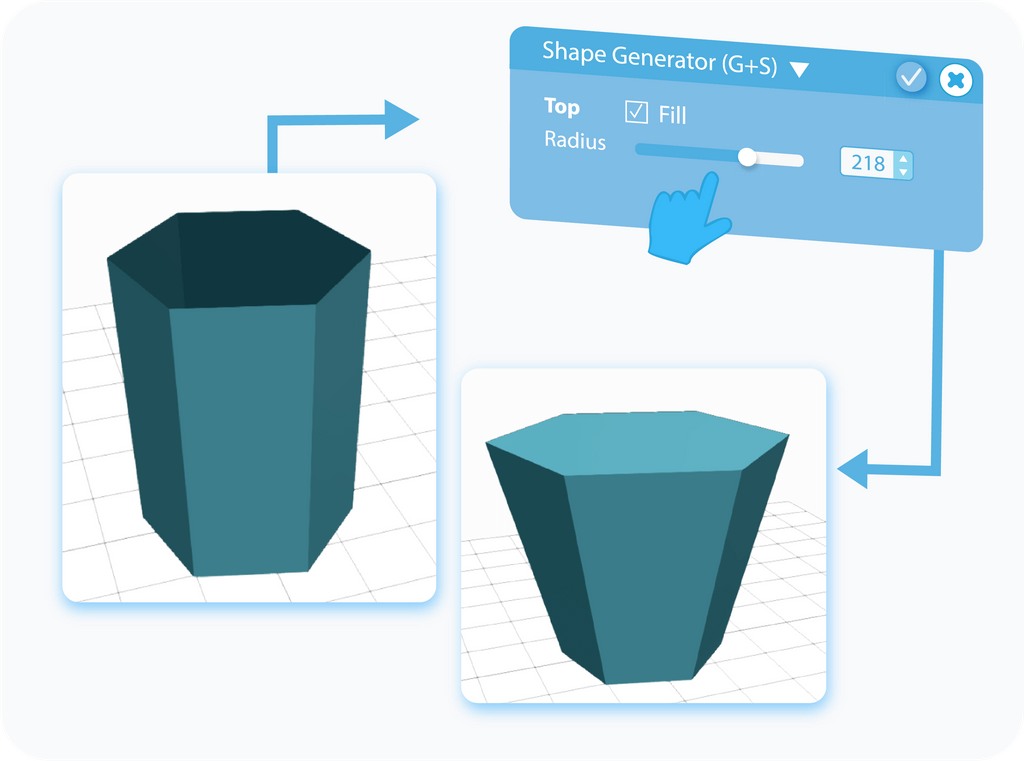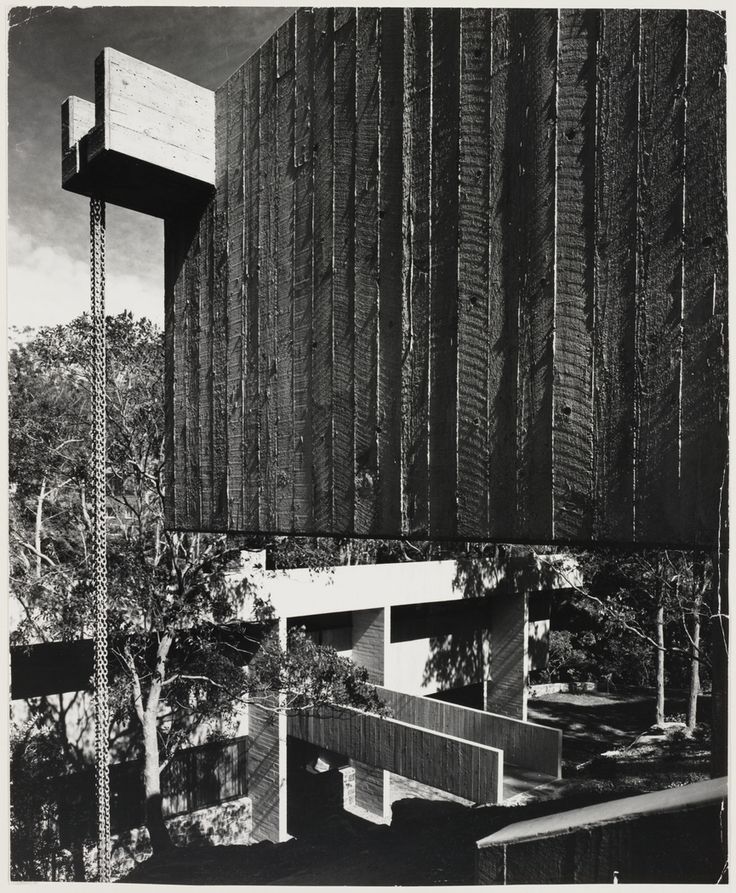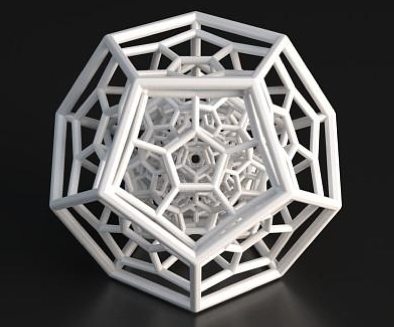Sidler Shape: A Masterpiece of Geometric Innovation
Geometrical shapes have always fascinated me due to their inherent beauty and the mathematical challenge they bring. One shape that has recently come to my attention is what is known as the **Sidler Shape**. Though it originated in 1965—right in the middle of the explosive ’60s—the Sidler Shape is still a marvel of geometry today. It represents a complex intersection between brutalist architecture, mathematical elegance, and recreational engineering.
As someone immersed in fields like physics, artificial intelligence, and advanced modeling (as seen in previous articles like [Real-Time Soft Body Simulation](https://www.davidmaiolo.com/2024/10/25/real-time-soft-body-simulation-revolutionizing-elastic-body-interactions)), the Sidler Shape resonates deeply with me. Its foundational concept is like solving a mathematical puzzle that challenges our intuition about dimensions. Let’s dive into why this shape is extraordinary.
### Solving a 2D Problem in 3D Spaces
The Sidler Shape’s primary innovation lies in solving an impossible paradox from 2D space, but in 3D geometry: **a polyhedron where all the dihedral angles are right angles except for one non-right-angle**. In 2D, it’s impossible to create a shape where every angle but one is a right angle. However, Sidler found a way to achieve this in 3D space by intelligently combining right angles.
When you transition to 3D space, this problem evolves. Sidler’s solution was what we now refer to as the Sidler Shape—the integration of complex third-dimensional angles creates a visual and geometric paradox. This shape retains right angles for nearly all its dihedral angles except for, incredibly, one **45-degree angle**.
Imagine the implications in fields like computer-aided design (CAD), architecture, and even gaming. Engineers and designers now have a shape that not only adheres to complex mathematical rules but also offers flexibility for practical applications. With AI, we could use generative models, perhaps even drawing from [Generative Adversarial Networks (GANs)](https://www.davidmaiolo.com/2024/10/25/artificial-intelligence-challenges-opportunities), to take this concept and explore even more intricate shapes that push the boundaries of geometric possibilities.

### A Step-by-Step Engineering Marvel
Creating this shape wasn’t simple for Sidler back when he first proposed it in 1965. Interestingly, the Sidler Shape wasn’t brought to life until the modern era through the advancements in 3D printing and modeling. Sidler provided a theoretical blueprint for the shape, but the first 3D-printed version didn’t come until over 50 years later, showcasing the gap between theoretical mathematics and practical, modern design.
The steps to create the Sidler Shape involve cleverly rearranging segments of right-angled polyhedra until all non-right angles are isolated. What’s left is a structure where only one corner retains a single, non-right angle. This concept drew upon **scissor congruence**, a property where a shape can be cut into pieces and rearranged into other equivalent shapes without changing its overall volume.
While it’s not easy to visualize without a physical model in hand, the beauty of modern tech links us to this childhood-like joy of creation, allowing anyone familiar with 3D design software to now print out Sidler’s incredible creation.
### Beyond the Shape: Its Place in Modern Geometry
Sidler’s creation laid the foundation for what turned into a new space for exploration in geometry—the idea of **single non-right angle polyhedra**. This means not only discovering new shapes but also employing Sidler’s techniques to build real-world objects with such properties. In fact, later extensions of Sidler’s work by mathematicians like **Robin Houston** found further examples where dihedral angles could be manipulated using similar principles.
As fundamental as this shape seems, it’s not just a niche curiosity. The Sidler Shape has applications in the design of certain building structures (think brutalist architecture) and creating computational algorithms that need to map geometric surfaces with high-order precision. A clearer understanding of concepts like **scissor congruence** could potentially lead to efficiencies in material science, constructing architectural frameworks, and optimization of space-use in computational environments.

### Applying Mathematical Elegance to Modern Innovations
I find excellent parallels between the advancements in elastic body simulations discussed in [Revolutionizing Soft Body Simulations](https://www.davidmaiolo.com/2024/10/22/revolutionizing-soft-body-simulations-elastic-body-simulation), and Sidler’s approach to geometry. Both are based on leveraging the power of dimensional manipulation—the difference lies in the end applications.
Where elastic body simulations reshape how we understand material flexibility in medical or gaming tech, **Sidler’s Shape revolutionizes how geometric constraints and angles shape our physical world**. These developments can converge, especially as we look to modern 3D modeling applications that benefit both from advanced mathematics guiding physical simulations, and designs leveraging weirdly beautiful shapes like Sidler’s.
### A Shape for the Future
While Sidler’s original goal may have been niche, the Sidler Shape represents more than just an obscure mathematical feat. It pushes the boundary of geometry’s applicability in the modern world, reminding us that even half a century-old problems can still innovate through today’s technologies like 3D printing and machine learning models. What excites me most is **what else can we find** as we continue to explore new dimensions of geometry? Like technology’s symbiotic relationship with human creativity, the Sidler Shape is a testament to the journey of discovery.
Now, with resources like GANs in AI (highlighted previously in my discussions about AI reasoning and potential), we could simulate entirely new dimensions of geometry while drawing inspiration from Sidler’s ancient, yet forward-thinking vision. It’s this intersection of classic theory and avant-garde innovation that keeps pushing us towards the next frontier.

Conclusion
Sidler’s Shape is not just an abstract geometric construct, but a bridge between theoretical mathematics and modern practical technology. It serves as a reminder that geometry is still a rapidly-evolving field with untapped potential connected to—and perhaps soon enhanced by—**AI, 3D modeling,** and computational simulations.
As I reflect on this breakthrough, I’m reminded again of how dimensionality changes everything in both geometry and real-world applications. **The Sidler Shape invites us to constantly reexamine the way we interact with space**, challenging our perceptions and opening doors to broader applications in engineering, design, and beyond.